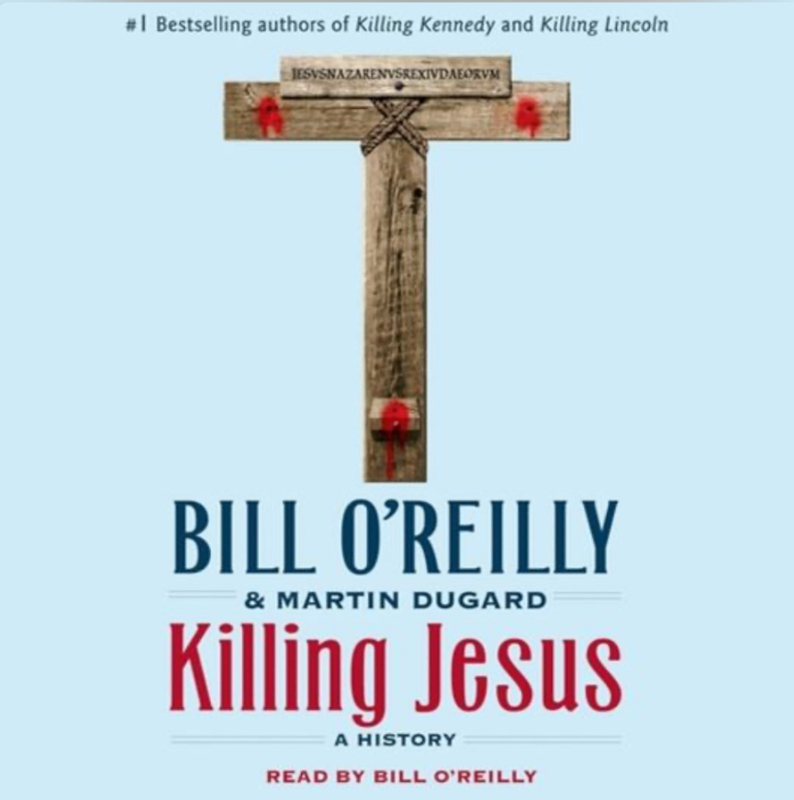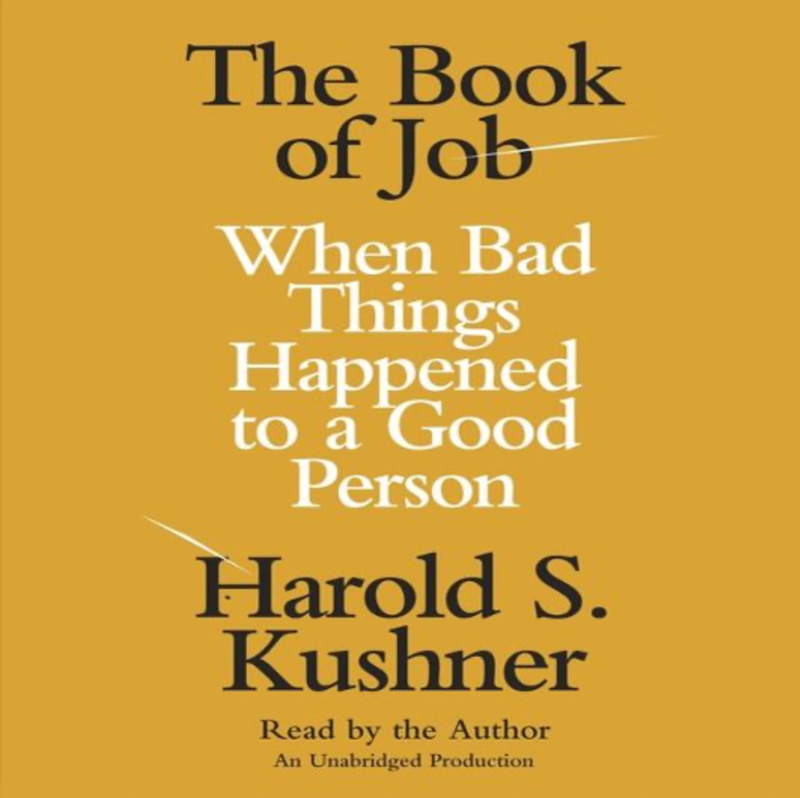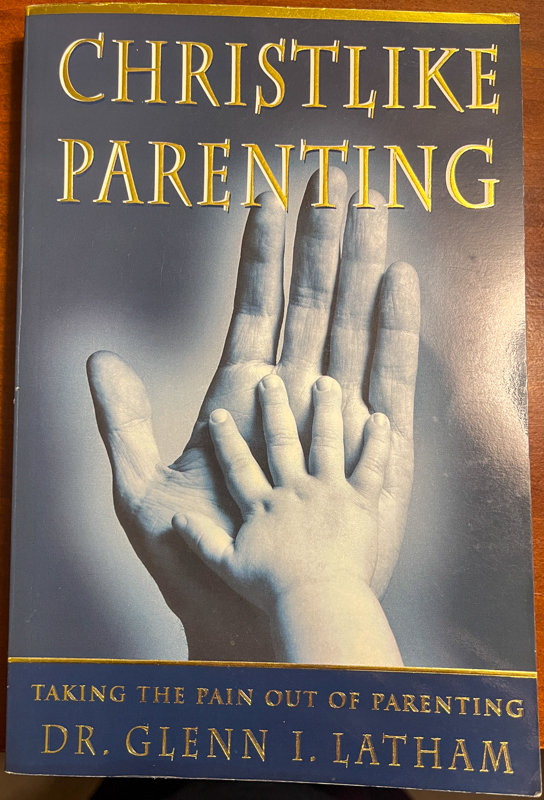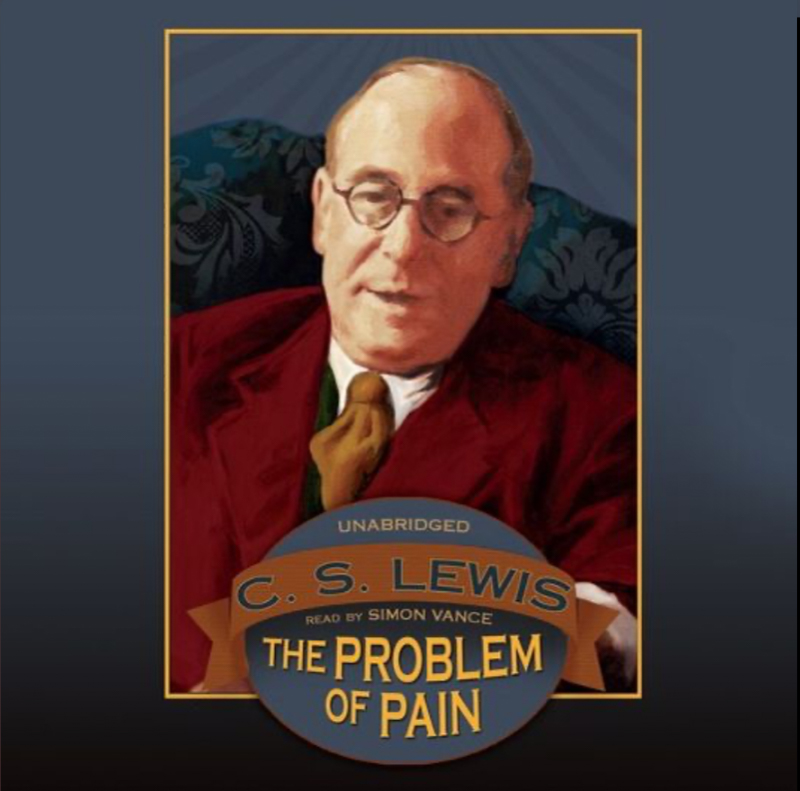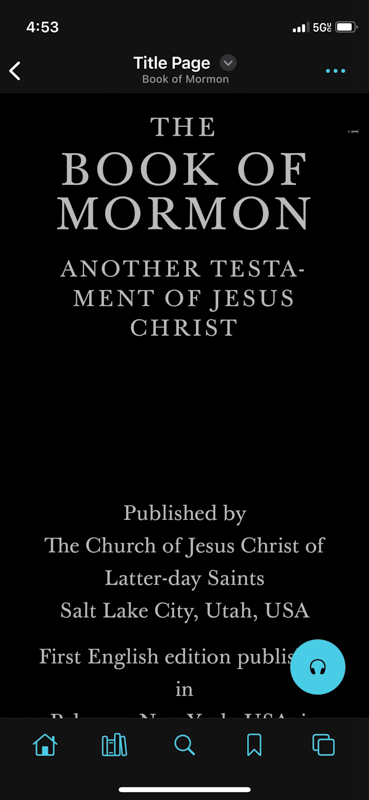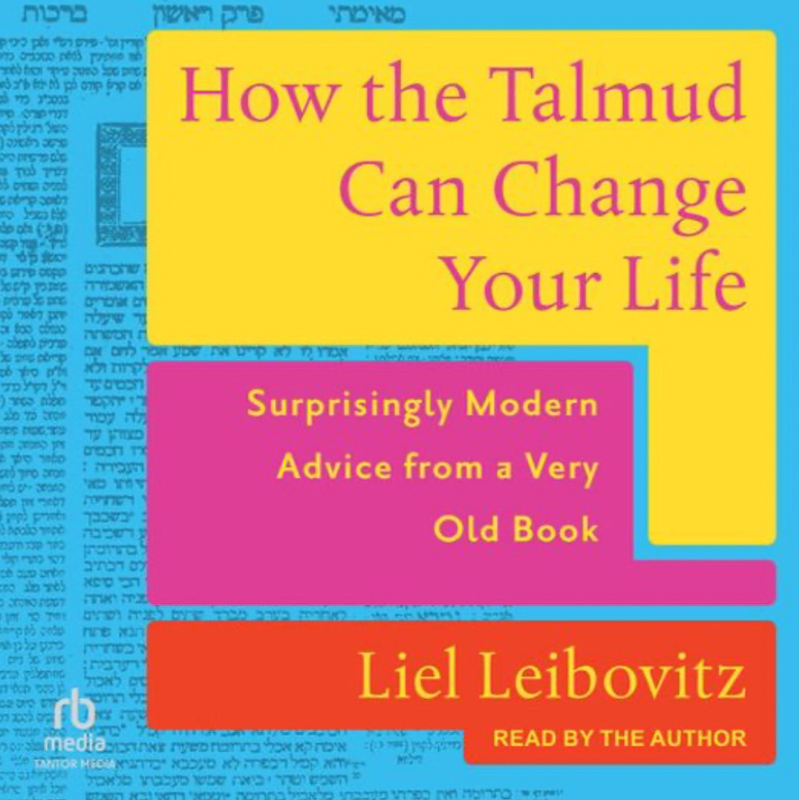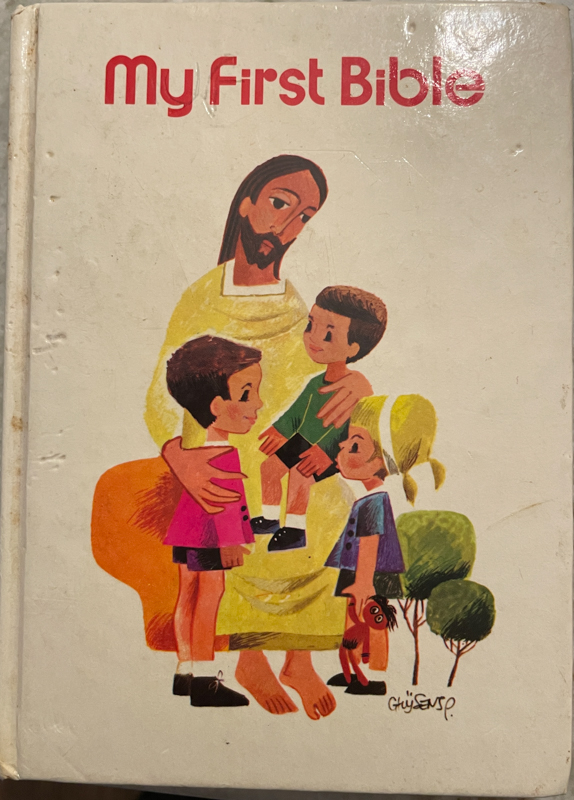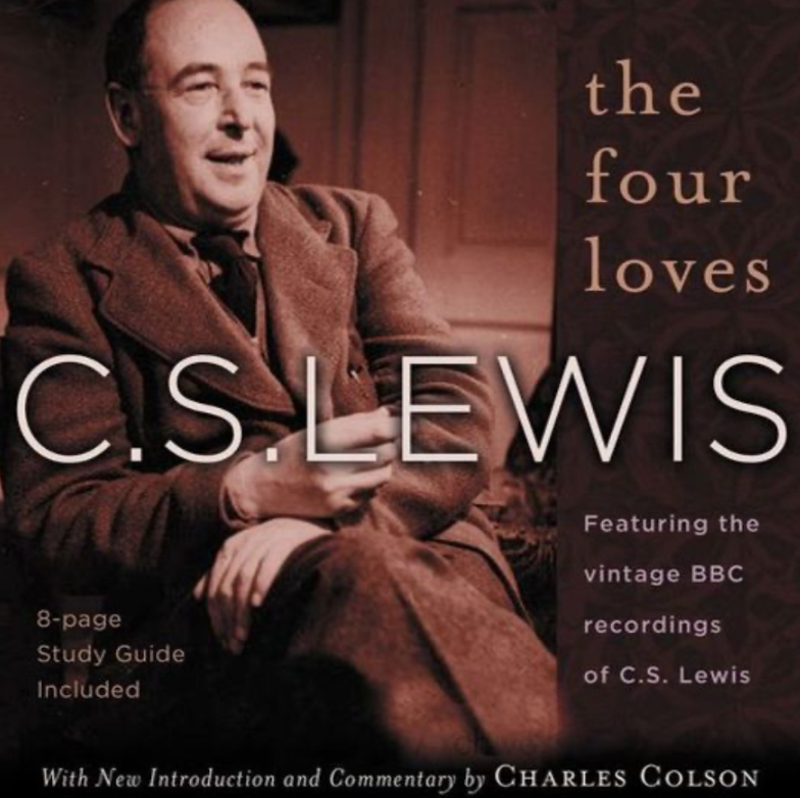The Evolution of God
Background
Published in 2009, “The Evolution of God” by Robert Wright explores the development of the concept of God in the three main Abrahamic religions: Judaism, Christianity, and Islam. Wright examines how the idea of God has transformed over time, influenced by cultural, political, and social factors. He utilizes insights from archaeology, history, theology, and evolutionary psychology to trace these changes. Wright also discusses the role of evolutionary biology in the development of religion and speculates on the future of the concept of God.
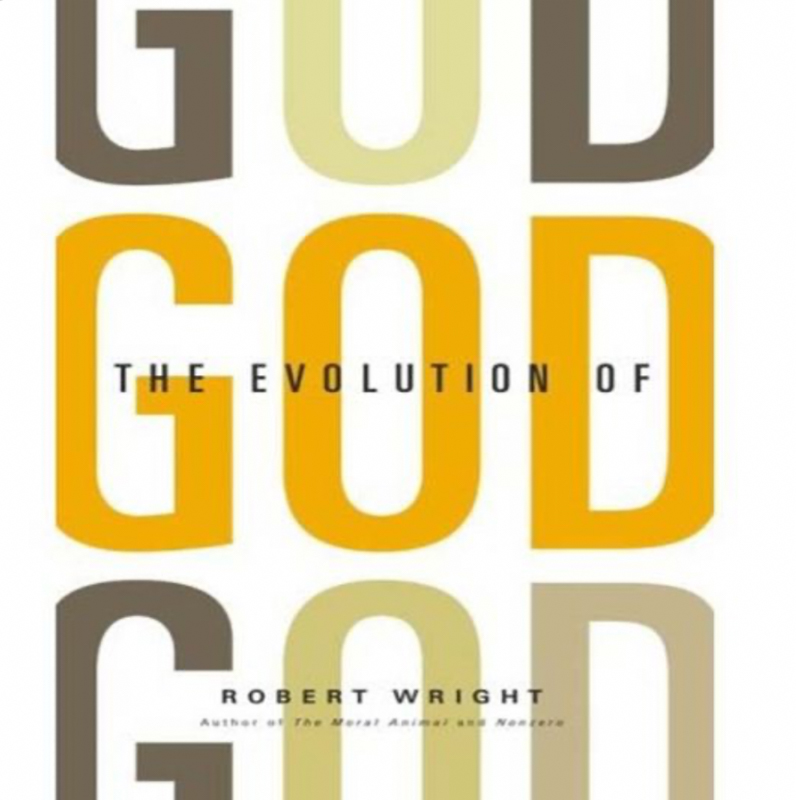
My Thoughts
I was uncertain about this book a few times but it grew on me as he was finishing it out. This book is pieced together with secular evidence (e.g. existing documents, physically evidence, etc.) and is examined through the same lens. Ultimately, religion without faith can feel dry, disjointed, or incomplete. Or to put it another way, “They who dance are thought mad by those who hear not the music.”
There is an article of faith in my religion that reads in part, “We believe the Bible to be the word of God as far as it is translated correctly.” The need for that qualifier is apparent throughout this book as numerous inferences are made through questionable translations and quotations.
Regardless, Wright did the best he could with the tools available and even tries to excuse believers as well. Unfortunately, he likely would be pilloried for any attempt simply due to the subject matter. Hopefully, our society will continue to grow along with our understanding of God and each other.
Recommendation
This one is worth the time. However, make sure to read through to the end.
